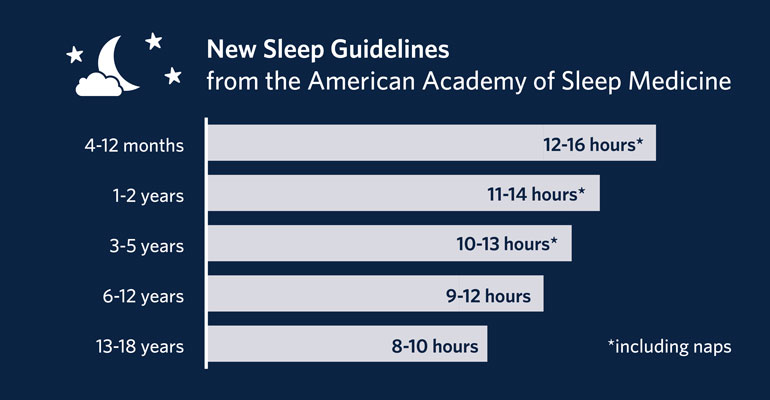Good sleep helps set kids up for success in school: UBC expert
With back to school just a few weeks away, parents are looking to get their children back into more regular sleep schedules to ensure they’re ready for the start of classes.

Credit: Premnath Thirumalaisamy/Flickr
With back to school just a few weeks away, parents are looking to get their children back into more regular sleep schedules to ensure they’re ready for the start of classes. In this Q&A, UBC nursing professor and sleep expert Wendy Hall shares a few tips for getting kids back on track for the school year.
When should kids start going to bed earlier?
Bedtimes should be shifted gradually starting in mid-August. Parents should encourage their kids to go to bed 10 or 15 minutes earlier and wake up about 10 minutes earlier as well. This helps to manage the circadian shift to where children were before the summer, instead of doing it all in one fell swoop. Trying to move bedtime by 30 minutes or an hour just makes children who are used to having a much later bedtime more anxious or resistant to going to bed.

If parents have left it quite late before children go back to school, they can try and diminish pre-bedtime activities that may interfere with sleep like screen time, vigorous physical exercise or caffeine. For younger kids, they can reestablish prior bedtime routines like brushing teeth or reading a story. For teenagers, parents can set a bedtime and try as much as they can to make their teenagers adhere to it.
How are summer sleep routines different from school sleep routines?
Sleep schedules often change in the summer due to leisure activities or just being able to stay up or out later, thanks to longer daylight hours. Parents may maintain some sort of sleep routine like reading a story with their kids before bedtime, but the timing of it is all over the place. Bedtime and wakeup time both get shifted later.
Why is it important to reestablish sleep routines?
These routines—any pre-bedtime activity that prepares children for bedtime—set them up for better sleep. If children aren’t getting the right amount of sleep, their attention span is reduced and their grades start to suffer. They can also be more inclined to act out or take risks.
The latest guidelines from the American Academy of Sleep Medicine recommend 12 to 16 hours of sleep in a 24-hour period for infants aged four to 12 months; 11 to 14 hours for toddlers; and 10 to 13 hours for preschoolers. School-aged children should get nine to 12 hours of sleep, and teenagers should get eight to 10.
How important is it to reduce screen time?
Screen time cuts into bedtime and negatively affects the quality of sleep. Unfortunately, children are getting exposed to electronics at a younger age. In one B.C. study, half the parents surveyed allowed their toddlers up to 30 minutes’ screen time per day. More kids are also self-reporting that they check their phones in the middle of night, when they’re supposed to be asleep.
Parents can have a “no screens” rule in the bedroom. The flip side of this is they should model this behaviour and refrain from keeping electronics in their own room as well.
Any other tips?
It would be good for parents to get to bed at a reasonable time themselves and establish their own bedtime routines. They can try to get their kids to embrace sleep instead of seeing it as a punishment. Good sleep can help them bring their best self forward as they go back to school.




